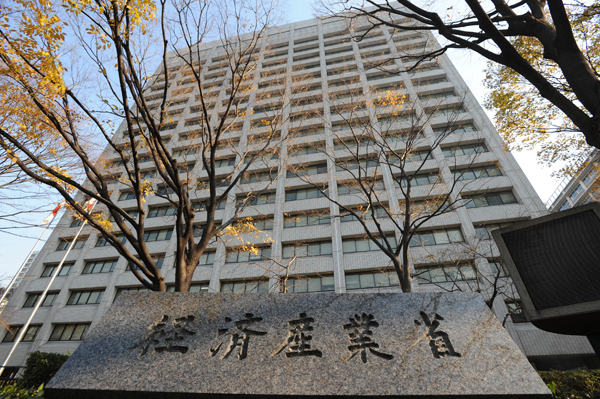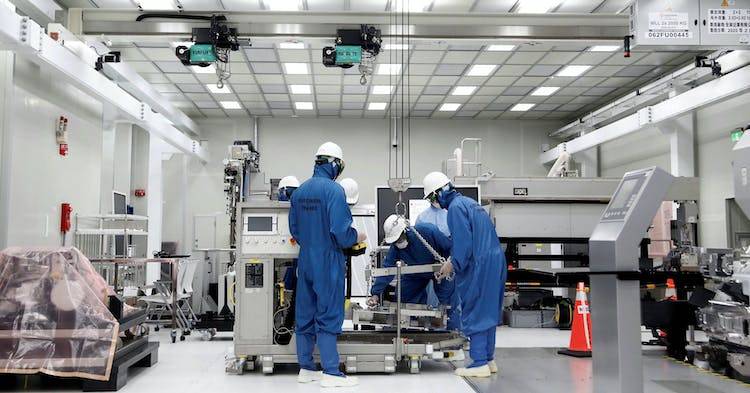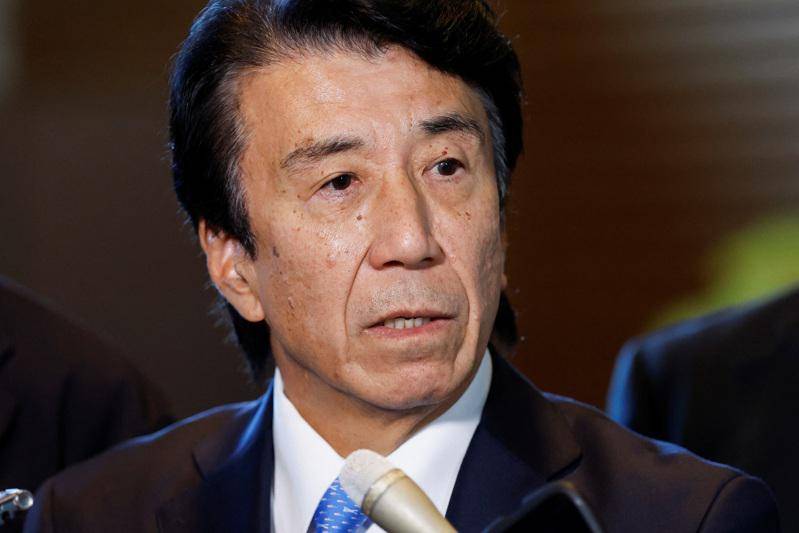Can Japan Regain its Chip Glory with $4bn Subsidy?
Japanese METI will provide an additional financial support of ¥590 billion (approximately $3.89 billion) to domestic chip manufacturer Rapidus in FY2024, aiming to promote the development of domestic advanced semiconductor industry.
Amidst the intense global competition in semiconductor industry, Japanese government once again made a significant investment in its domestic chip manufacturer.
On April 2nd, Japanese METI announced that it would provide an additional financial support of ¥590 billion (approximately $3.89 billion) to domestic chip manufacturer Rapidus in FY2024, aiming to promote the development of domestic advanced semiconductor industry.
On the same day, Japanese METI confirmed this amount at a press conference, stating that out of this support, ¥53.5 billion yen (approximately $352 million) would be allocated for R&D of backend processes such as chip packaging, marking the first time Japan has provided such subsidies.

It is reported that Rapidus, a contract manufacturing company, was jointly established in August 2022 by eight Japanese giants including Toyota, Arm, Sony, NTT, SoftBank, NEC, Denso, and Mitsubishi UFJ Bank, with a focus on the localization of cutting-edge semiconductors.
Earlier, the Japanese government's support for Rapidus primarily focused on the frontend manufacturing process of the core body, also covering the costs of the company's collaboration with the Belgian semiconductor company Imec. Shortly after its establishment, the company received billions of dollars in public funding and began large-scale chip production in Hokkaido, rivalling TSMC and Samsung Electronics.
In 2023, the company received ¥330 billion (approximately $2.18 billion) in funding support from Japanese government, adding to the previous ¥70 billion (approximately $460 million) subsidy. Currently, while TSMC and Samsung Electronics produce chips with 3nm, Rapidus is constructing a 2nm chip factory in Hokkaido, aiming for trial production in 2025 and mass production beginning in 2027.
Furthermore, Rapidus is pushing further to shrink the chip process to 1.4nm. Earlier reports indicated that Rapidus is collaborating with IBM researchers and experts to narrow the gap with TSMC in cutting-edge manufacturing technology.

In the future, advancements in backend technologies, such as combining various semiconductor chips stacking and modular small chips, will be the key battleground for various companies. Japan's Minister of METI, Ken Saito, stated, "The next-generation semiconductor currently under development is the most critical technology that will determine the development of Japan's industry and economic growth. FY2024 is crucial for Rapidus."
Following this announcement, Japanese chip equipment manufacturers saw a surge in their stock prices, with Tokyo Electronics rising by 3.2% in early trading and Disco Corporation by 2.3%.
Since the 1980s, Japan has held more than half of the global semiconductor market, but it has been surpassed by countries such as Taiwan and South Korea thereafter. Specifically, the most advanced chip manufacturing process in Japan currently stands at 40nm.
Ken Saito remarked, "Chips are the foundation of Japan's and even the world's industry. The economic stagnation in Japan over the past thirty years and the loss of international competitiveness are exactly partly due to a lack of understanding of the importance of semiconductors in digitization, decarbonization, and economic security."

In recent years, Japanese government has provided substantial financial support to the domestic semiconductor industry. In less than three years, the Japanese government has allocated approximately ¥4 trillion; Japan's Prime Minister Fumio Kishida is also preparing to provide 10 trillion yen in fiscal support to Japanese chip manufacturers and the private sector.
In February 2024, TSMC opened its first chip factory in Kumamoto Prefecture; in May 2023, Micron expanded its Hiroshima factory and introduced extreme ultraviolet (EUV) technology for the first time, supporting the production of next-generation dynamic random-access memory (DRAM).
·Original
Disclaimer: The views in this article are from the original Creator and do not represent the views or position of Hawk Insight. The content of the article is for reference, communication and learning only, and does not constitute investment advice. If it involves copyright issues, please contact us for deletion.